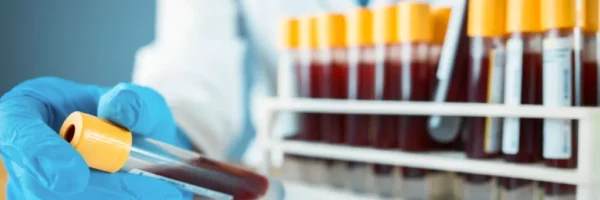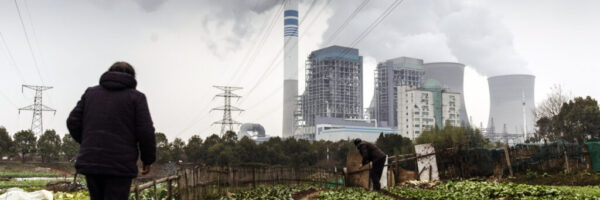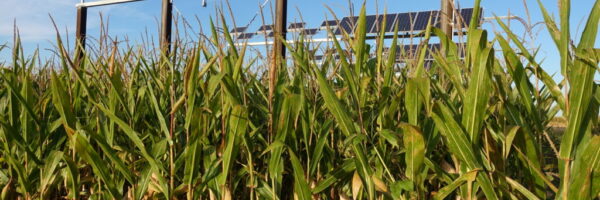
Pregnant mothers’ PFAS exposure may affect adult sons’ sperm quality
By Shannon Kelleher
A study that included more than 800 young Danish men found associations between levels of PFAS in their mothers’ plasma during early pregnancy and lower sperm quality when the men reached young adulthood.

New PFAS exposure scoring method could speed research on health effects
Researchers have developed a new statistical tool they say could speed up research on the health effects of exposures to toxic “forever chemicals” that are commonly found in an array of consumer products.

Tests find PFAS in baby products and pet food packaging
By Shannon Kelleher
Testing on popular brands of infant bedding, bibs and other products for babies found nearly one third contained toxic PFAS chemicals and there were indicators that all of the products tested could contain PFAS, the Environmental Working Group said this week.

Industrial chemicals threaten hunting and fishing traditions
By Shannon Kelleher
For more than a century, members of the indigenous Penobscot Nation, who live along the Maine river from which they take their name, have mourned the loss of the migratory fish that sustained their ancestors.

A dire warning: California report documents climate impacts
By Pam Strayer
California is getting hotter and drier, and extreme weather events are increasingly disrupting the state’s natural environment and the lives of the nearly 40 million people who live there, according to a study released by state officials this week.

Farmer safety net growing more costly as climate changes
As cool weather sets in to the US Midwest, much of the farm state of Iowa is suffering from moderate to severe drought, but for farmer Brent Drey, another worrisome weather trend is also top of mind: Over the past few decades, the Drey family farm has noticed an uptick in rainfall, which often comes down so hard and fast that the moisture actually does more harm than good.

Postcard from California: Carbon capture won’t solve climate crisis
Four miles from my house, a Silicon Valley company wants to drill an 8,000-foot-deep well to store millions of tons of carbon dioxide (CO2), the greenhouse gas identified as the main cause of the climate crisis.

Amid calls for ban on weed killer linked to Parkinson’s, a battle over science
By Carey Gillam
When US regulators issued a 2019 assessment of the widely used farm chemical paraquat, they determined that even though multiple scientific studies linked the chemical to Parkinson’s disease, that work was outweighed by other studies that did not find such links. Overall, the weight of scientific evidence was “insufficient” to prove paraquat causes the brain disease, officials with the US Environmental Protection Agency (EPA) declared.

Video ‘countermarketing’ can help cut demand for unhealthy food, study finds
by Shannon Kelleher
Viewing 45-second videos that explain common misperceptions about toddler milks and fruit drinks reduced caregivers’ intentions to serve these sweetened beverages to their young children, according to a study published today in the American Journal of Public Health.

Across the Midwest, farmers are turning to solar to boost profits
Grace van Deelen
In a corner of southwestern Wisconsin, in a town called Eden, Bob Bishop spends his days farming land that has been in his family since the 1940s. He manages about 2,000 acres— some is pasture for his cattle, some is seeded with corn and soybeans. But 40% of his acreage, as he likes to say, will soon be farming the sun.